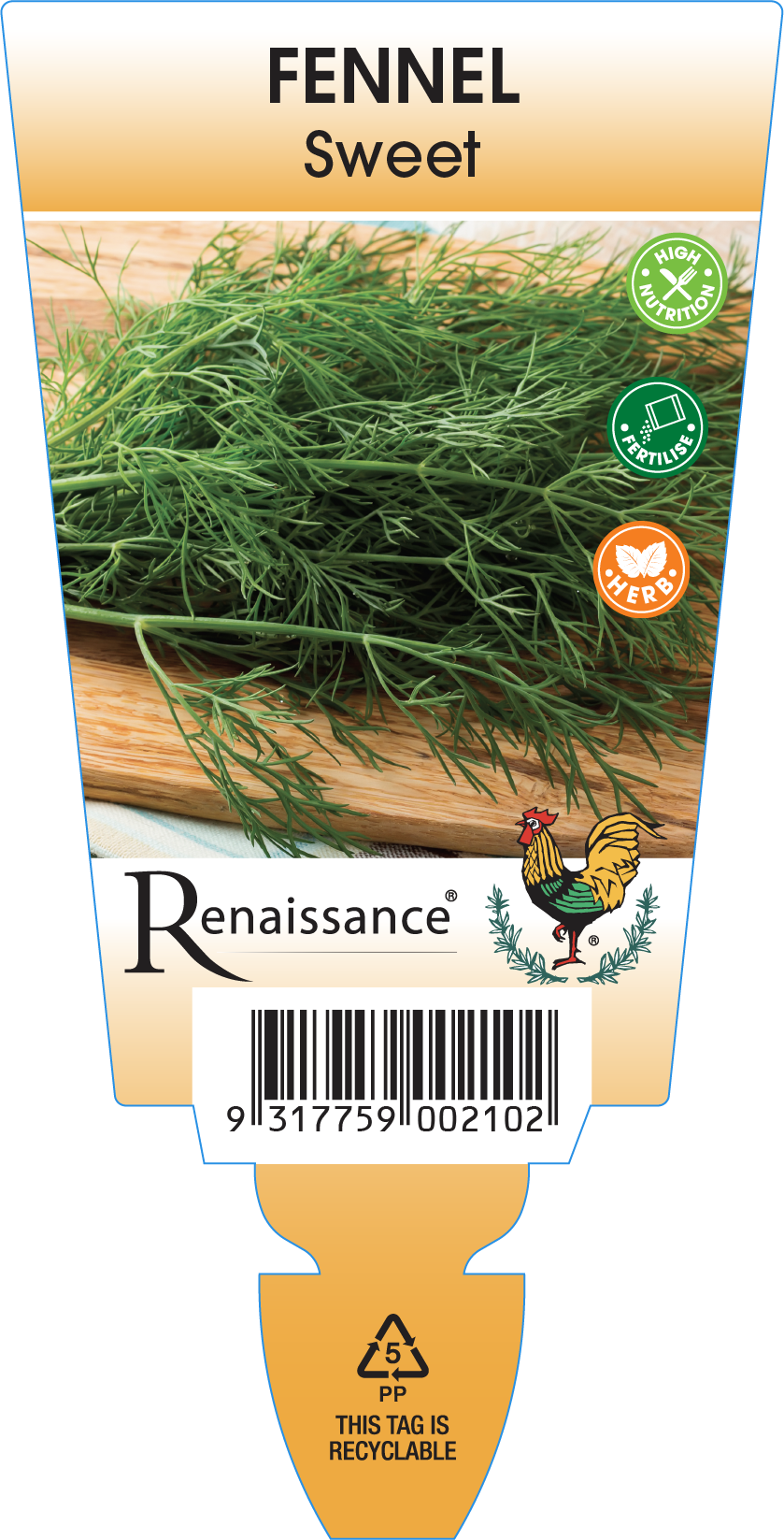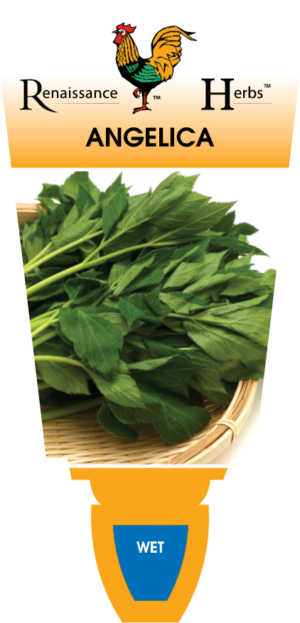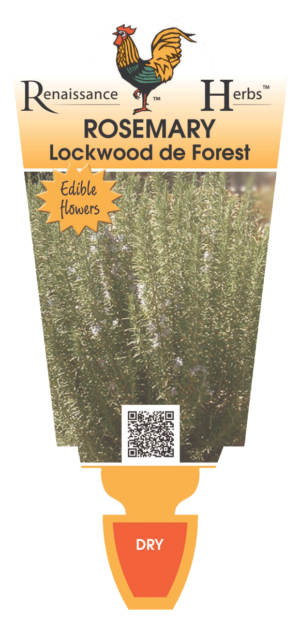Description
(Foeniculum vulgare )
Common fennel is grown primarily for its seed and leaves. It has thin, thread-like leaflets atop tall, round, hollow stems. Common fennel flowers in late summer, small golden-yellow blossoms in umbrella-like clusters. Fennel’s small brown seeds follow flowering.
Growing Tips
Plant in an alkaline, rich, fertile, dry, well-drained soil. Avoid water-logged soils. Plants may reseed.
Use
Fennel is a well-known herb cultivated for its culinary and medicinal applications. Mix with sodium bicarbonate and syrup to make gripe water that is thought to be beneficial in reducing flatulence/colic in babies. This should not be given to babies under four months who should be given exclusively breast milk. I have never had a baby and am not a doctor so please do your own research before administering. Fennel tea can be used as a carminative with antispasmodic effect that can be used against cramps of the digestive tract in combination with flatulence. To make the tea put a teaspoon of the seeds in a tea pot and leave to ‘stoop’ for five minutes, strain and pour into cups do not add any milk unless you like drink stuff that tastes awful. Fennel can also be used for bad breath, constipation, colds, flu and as a diuretic.
Herb Attributes
| Harvest | Harvest the fennel as needed. The bulbs should be about the size of a tennis ball. |
|---|---|
| Position | Part to Full Sun |
| Height | 1.8m |
| Lifespan | Perennial |





